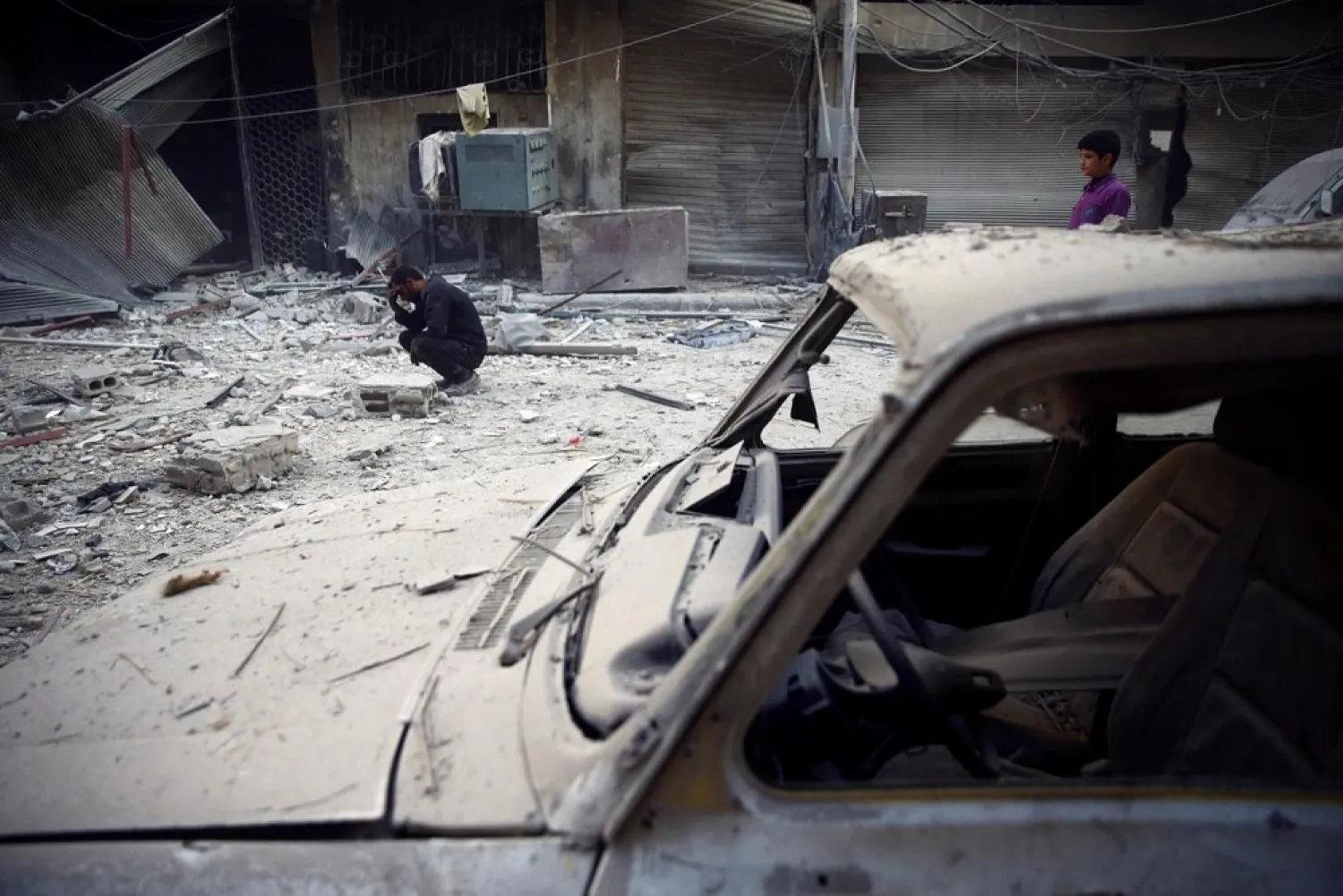Chinese Special Forces will soon head to Syria to participate in countering terrorism of the Islamic East Turkestan Movement in the Damascus countryside, said the Hmeimim Russian Military Base, west Syria.
The base posted on its Facebook page that the Chinese Ministry of Defense intends to send two units, known as the “Tigers of Siberia” and the “Night Tigers” from the Special Operations Forces, to aid Syrian regime troops against the Islamic East Turkestan Movement that was sighted aiding terrorist groups in Syria.
There are an estimated 2,500 Islamic East Turkestan Movement militants operating in Syria.
Meanwhile, shelling and bombardment became less frequent on Eastern Ghouta near Damascus on Tuesday afternoon. This allowed humanitarian aid to enter besieged cities and towns as the United Nations announced the Syrian regime had accepted a ceasefire in the area.
UN special envoy Staffan de Mistura said the regime had agreed to a Russian proposal for a ceasefire in Eastern Ghouta.
He told reporters that the regime had accepted a truce proposal put forward by Moscow ahead of the latest round of peace talks in Geneva, which began on Tuesday. He stated however that the deal was not yet implemented, adding: “We have to see if it happens."
"Now we need to see whether this takes place but it's not coincidental that this has actually been proposed and agreed upon just at the beginning of this session," he remarked.
Earlier, the Syrian Observatory for Human Rights said that relief teams with food and health supplies had entered Eastern Ghouta through al-Wafideen crossing.
The humanitarian aid comes after shelling on Hamuriyyah on Tuesday that killed 18 people and injured at least one.
The Observatory reported that several explosions were heard in Eastern Ghouta resulting from six airstrikes that targeted Hamurriyah that is held by the al-Rahman Corps.
The observatory documented that three citizens died, including two children, and at least 15 were injured, some of whom are still in serious conditions.
In light of recent events, Doctors without Borders (MSF) called on Tuesday for urgent medical supplies and respect for International Humanitarian Law on protecting medical facilities.
"Hundreds of people have been wounded in intense bombing and shelling in the besieged East Ghouta enclave near Damascus, Syria, in the last two weeks, creating a disaster for patients in need of medical treatment," stated the organization in its report.
The report added that from November 14 to 26, five MSF-supported field hospitals in East Ghouta treated 576 wounded patients and recorded 69 deaths.
MSF warned that 25 percent of the wounded and the dead are women or children under 15 years old.









